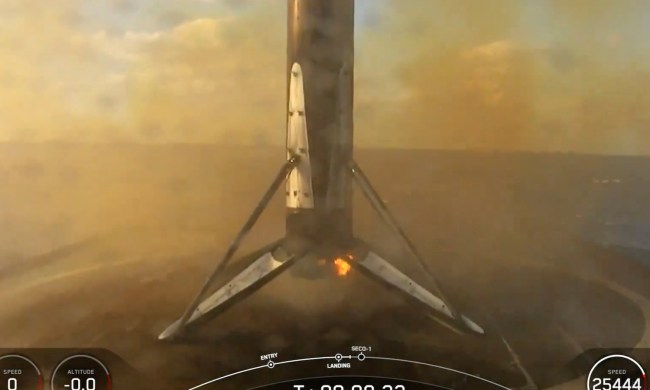Rocket startup Astra had hoped to reach orbit for the first time with its Rocket 3 this weekend, but its launch at 6:35 p.m. ET (3:35 p.m. PT) on Saturday, August 28 suffered an engine problem and failed to reach orbit.
The rocket, designated LV0006, carried a test payload for the U.S. Space Force from Pad LP-3B at the Pacific Spaceport Complex-Alaska in Kodiak, and was intended to demonstrate Astra’s capability to launch payloads into orbit. This was the company’s third orbital launch attempt, following previous launches which also failed to reach orbit.

With the LV0006 launch, the problem began almost immediately after takeoff. Less than a second after launch one of the five Delphin engines, all of which should have been firing, cut out. The rocket did make it off the launchpad and into the air, but it was moving too slowly and it tipped in the air before eventually righting itself and moving upward.
About two and a half minutes into the flight time, however, when the rocket was around 30 miles from the ground, the command came to shut down the engines and end the flight. The command was given because the rocket was off its trajectory, so after engine cutoff, it crashed into the ocean without causing any damage.
Astra did not say what had caused the engine to fail but it did say it was looking into the problem.
“We regret that we were unable to accomplish all mission objectives for the U.S. Space Force; however, we captured a tremendous amount of data from this test flight,” said Chris Kemp, Founder, Chairman and CEO of Astra in a statement. “We will incorporate learnings from this test into future launch vehicles, including LV0007, which is currently in production.”
The company also announced it is opening a mishap investigation to discover more about what went wrong with the launch, and that it will be working with the Federal Aviation Administration (FAA).
In a Q&A posted before the launch attempt, Kemp said he was keenly aware of the risks and difficulties of launching a rocket. “Whenever you make any changes to a system, you’re introducing the risk that you are wrong,” he said. “The thing you change could be your undoing. We’ve done a lot of testing and risk analysis. Some changes are only possible to validate through a flight, but our collective experience is that one should be very humble with rockets.”



